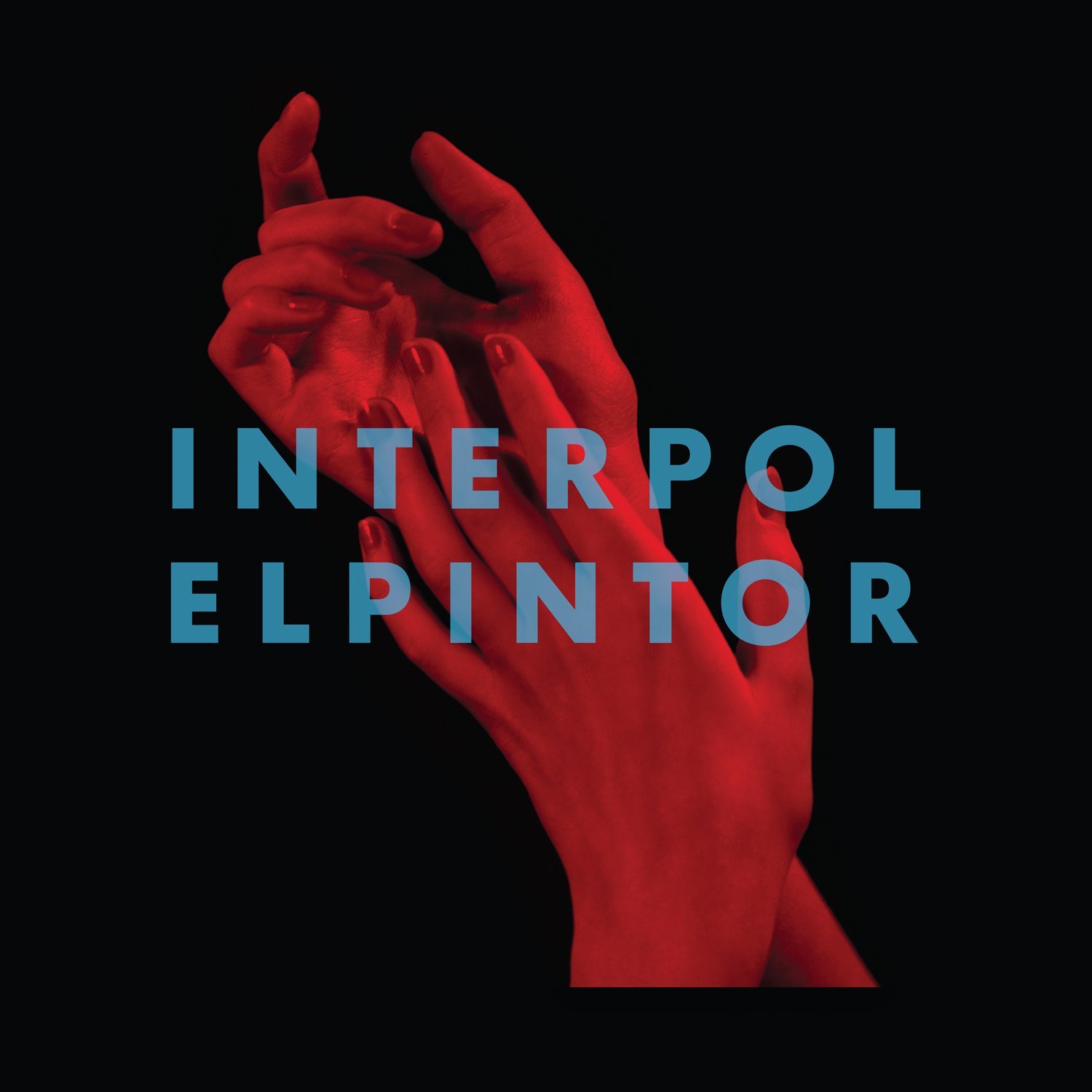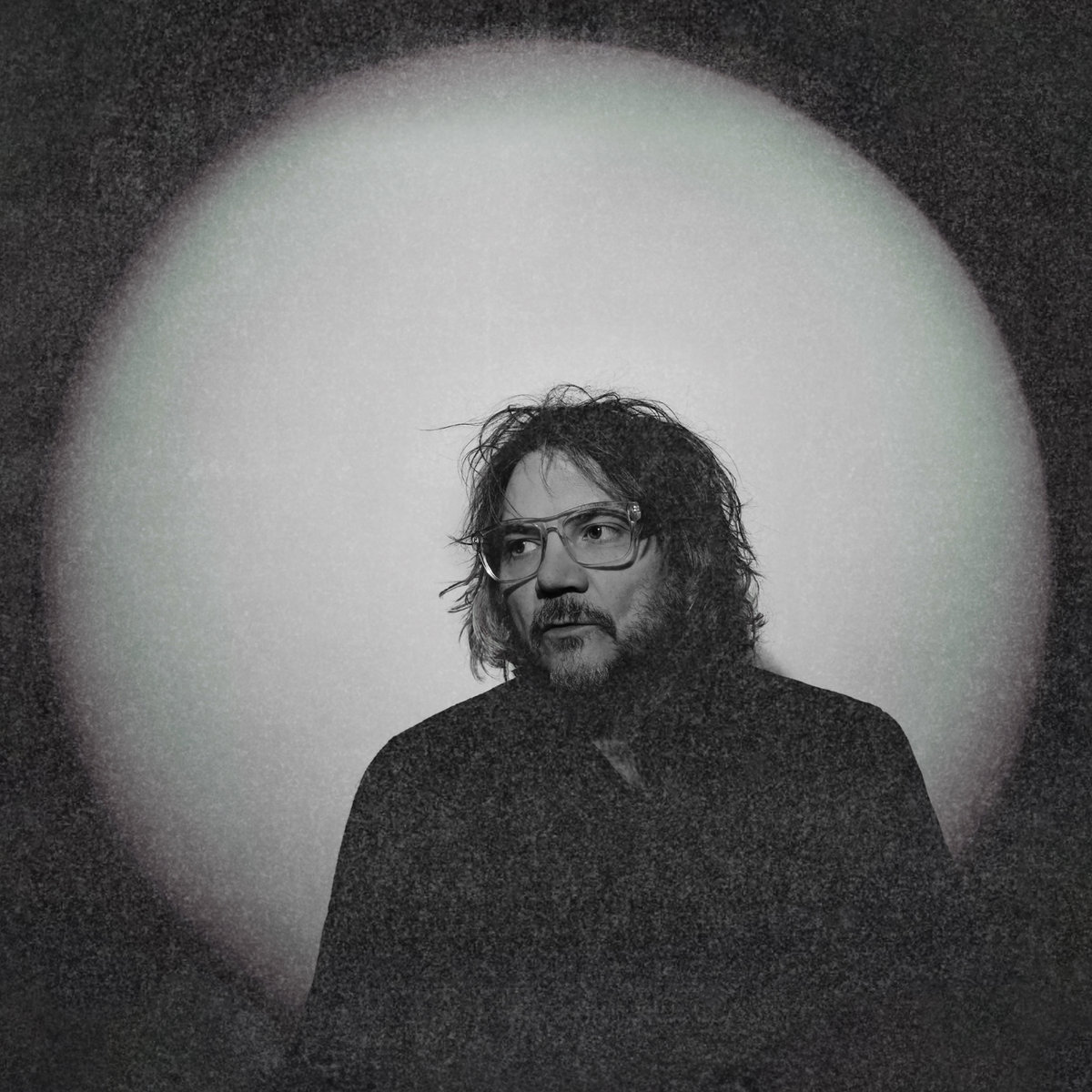Does the world need another Interpol album? I ask because El Pintor is best described as "another Interpol album." This is objectively true in the sense that it is an album, and it is by Interpol, and there were others before it. It also feels subjectively true because El Pintor's predecessors were already becoming difficult to distinguish around the time of their last "comeback album" in 2010, and this new one is not making that process any easier. These 10 tracks seem less like a standalone document than the continuation of an infinite playlist -- 40 more minutes of all-black everything, from the closet full of sleek tailored suits to the stack of brooding post-punk and new wave records on the coffee table. Interpol ages, but they do not evolve.
That's not necessarily a problem. An unmistakable aesthetic can be one of the best weapons in a band's arsenal, and Interpol had theirs from the jump: legendarily angular (always angular) guitars, creeping not-so-secret-weapon bass lines, Paul Banks spinning puzzling couplets in his commanding nasal bleat, Sam Fogarino finding creative ways to hold it all together in crisp lockstep. It's a good aesthetic. It gets the job done. When matched with songs as masterful as the ones that front-loaded Turn On The Bright Lights, it does far more than that. And although El Pintor doesn't reach those heights, the songs here are stronger than any since Antics.
Interpol have always been a joke to some people, be it for fearlessly pilfering their influences, carrying themselves with such stylized self-seriousness, Banks' nonsensical attempts at poetic resonance, Carlos D's haircut, whatever. To those people, this was nothing more than cocaine kiddie goth, an old sound repackaged as a sleek yet insubstantial modern product. But that shit doesn't matter when you're bobbing your head to the staccato jabs in the "Obstacle 1" chorus or losing yourself in the sweeping guitar maelstrom that closes out "PDA." Whatever role industry machinations and scene politics played in Interpol's rapid rise, they got famous at least in part because they were awesome. I remember seeing them in a smoke-filled Cleveland bar a couple weeks after Turn On The Bright Lights came out and being dumbstruck by the way the various components locked into a machinelike groove and built to a dramatic swell. I was new to this music, but it already felt classic to me. Former Stereogum writer Corban Goble expertly explained the appeal of Turn On The Bright Lights on its 10th anniversary: "The album itself is, to this day, an awesomely well-worn brick of incisive guitar rock, an assured, confident, risk-taking debut that the band hasn't lived up to since."
Here's the thing, though: Even Turn On The Bright Lights turns into kind of a slog by the end. The quality of the songs doesn't dip that much, but their cumulative effect slowly shifts from blissful reverie to bleary resignation. And that's what happens on a great Interpol album! Their lesser works, then, have all been gloomy clouds that drift in and out of my consciousness without lightning striking twice. Each one has its moments, but whereas the majority of Turn On The Bright Lights picked me up and carried me away, the rest of Interpol's discography prods me along as if I'm on a chain gang. Even Antics, held up by Interpol's fan base as a worthy sophomore effort on par with the Strokes' Room On Fire, just... isn't. From then on, the graceful touch that once pulled back against Banks' heavy-handed lyrics and vocals has eluded them, as if his labored mannerisms have infected the music and can't be flushed out. Thus, everything since then has been a study in shtick spread too thick -- or is that stretched too thin?
Like 2010's Interpol and 2007's Our Love To Admire before it, El Pintor continues this trend, though this one comes the closest to shaking off the doldrums. The uptempo "All The Rage Back Home" kicks things off with beautiful building intensity. That's followed by "My Desire," which -- from its opening trills to the delay-inflected leads that zipline against ominous keyboard drones -- boasts more great guitar parts than some rock bands manage in an entire album. "Anywhere" is similarly successful at spinning a few strong riffs into a lively full-bodied rock song. Three for three, then! "Same Town, New Story" and "My Blue Supreme" descend into slower, moodier territory while still maintaining some degree of vigor. The next two songs, "Everything Is Wrong" and "Breaker 1," are pummeling despite their midrange tempo. Then it's on to "Ancient Ways," the album's shortest, hardest-hitting song. It's a sweeping piece of work, and although the appropriately titled "Tidal Wave" can't match its power and immediacy, it keeps up that sense of something humongous washing over you. The album ends with the lumbering yet dramatic "Twice As Hard" -- not the grandest of finales, but a workable conclusion to a solid batch of songs.
See? When you examine the songs individually, there's not a stinker in the bunch. And in a highly unusual turn for Interpol, the most memorable lyric -- "Oh, fuck the ancient ways!" -- is memorable for being good, not laughably confusing. So why can't I recommend El Pintor for anyone besides hardcore Interpol fans in need of a fix? For all its respectable songwriting and musicianship, the album casts no spell. Despite a number of inspired moments, it adds up to less than an inspired record, one that bleeds into the blackness along with the rest. How can music that teeters on the brink of excellence feel so much like punishment? As with everything else Interpol have released since their debut, El Pintor is the epitome of good-not-great -- a three-star blockbuster, an undistinguished chain restaurant, a sensible (black) sedan that you paid too much for. I don't mind it, but I can't imagine actively seeking it out. It's just "another Interpol album," and while it could have turned out much worse, it does nothing to change the perception that Bright Lights was a flash in the pan.






